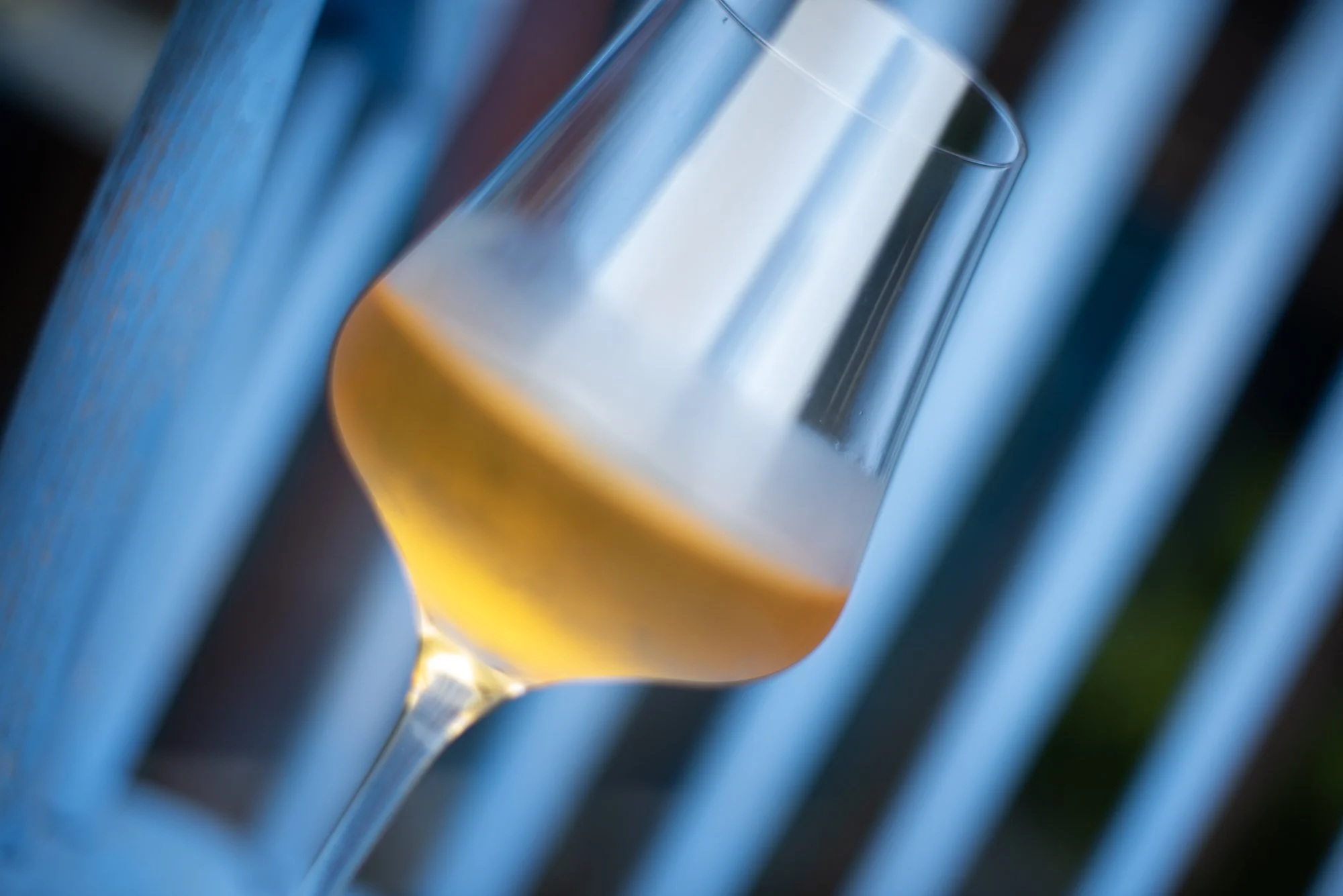
why natural wine…
As an Italian native, I have tasted many natural wines. Except that, until a while ago we didn’t have a name for them – they were just the wine you would buy from the local farmer. It was not always perfect, but it was alive, it was a true expression of the territory of the moment it was produced. It was fresh and you felt better consuming it than you did with the usual store-bought variety. “Drink this and you’ll never get a headache” would repeat to me a farmer I used to buy wine from outside of Rome. He was right!
Unfortunately for our headaches and for the health of our planet, wine has become more and more the product of industry, rather than the craft of artisanship.
Most of the wines we buy today are, as I like to call them, processed. Like most food. Vineyards are sprayed with chemicals like the weed-killer Roundup, whose active ingredient, glyphosate, has been clinically associated with a range of diseases, including cancer and Parkinson’s. “There’s more life in the desert, than in a conventional vineyard”, once said a famous natural winemaker. He too was right! Go see for yourselves. There’s hardly any life in those vineyards.
In conventional winemaking, once the grapes are picked, the first thing they usually do is wash them in large quantities of sulfites so as to eliminate any bacteria. Yet, in doing so they sterilise the grapes and after all these treatments, what’s left that is alive in those grapes?
But they’ve only just started. In order to obtain the same, recognisable product every year, winemakers have at their disposal a wide array of toxic chemicals that may result in serious health risks. For example, wines made in the United States may contain dozens of toxic additives, but you wouldn’t know. That’s because thanks to consistent lobbying efforts from the wine industry, wine is the only major food product with no ingredients label. In the United States wine producers can legally, and without disclosure, use 76 different FDA-approved additives without having to list any of them on the bottle — these include mega purple coloring dye, fish bladders, sulfur dioxide, diammonium phosphate, and dimethyl dicarbonate, which is so toxic that it must be applied by specialists in hazmat suits!
I could go on. The truth of the matter is that when you drink a conventional wine, you haven’t the faintest idea what exactly it is you are putting into your body.
So, what is a natural wine? A natural wine is the result of extremely precise labor and technique. Because in natural wine the vineyards are not sprayed with any chemicals, and there are no additives used in the cellar, every part of the winemaking process is a delicate balance between nature’s work and human ingenuity. The farming is organic and/or biodynamic. Grapes are picked by hand and carried to the cellar in small crates so as not to crush the ones at the bottom. Once in the cellar, any grapes that are not whole and healthy are discarded so as so prevent possible bacteria. Instead of using lab-synthesised yeasts, natural winemakers use the yeast that is naturally present on the skins and stems of the grapes to spark the fermentation process. There are no additives used, no correcting the tannins, or the acidity, or the sweetness, no colorants, no nothing except for knowledge and timing. Tiny amounts of sulfites are sometimes added at bottling only.
The bottom line is that to make a natural wine taste as good as many do, you need to really know what you are doing. And when you do know what you’re doing, the wine is not only delicious and alive - it is the true expression of a specific time and of a place.
So, it’s the respect of the environment, it is the respect of the grape you are growing, it is the art of knowing how to make wine.
Besides all this, I believe that wine has to be first and foremost good. And believe me when I tell you that once you make a palate for good natural wine, there’s no going back to conventional wine. They will taste adultaerated, they will taste pretty much all the same. You will immediately notice that they don’t taste fresh and alive.
Follow me on this journey and I can guarantee you that in just a few months you will not want to drink anything else.
